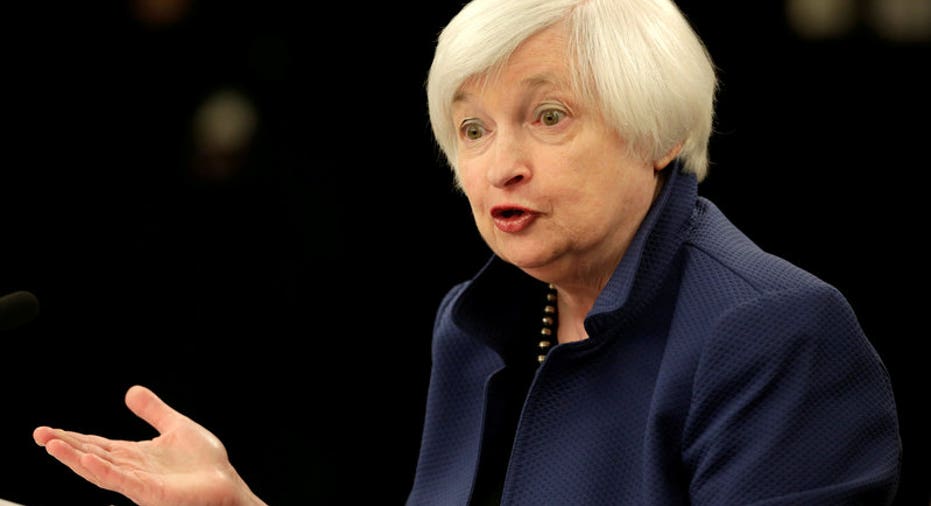Hurricane costs give Fed fresh challenges

The Federal Reserve began its two-day policy meeting on Tuesday and experts wonder whether damage inflicted by recent hurricanes across parts of the United States could stave off an interest rate hike initially predicted for later this year.
While the Fed is not expected to hike interest rates during the September meeting, officials projected one more raise before the end of the year. However, concerns over billions of dollars’ worth of economic damage, and a potential impact on GDP, have caused some to believe the central bank may alter that timetable.
“Harvey and Irma losses are still being determined but it will likely exceed $200 billion which will hurt GDP going forward. This cements, along with declining inflation, no policy action out of the Fed until likely mid-2018,” Mary Ann Hurley, Vice President of Fixed Income Trading at D.A. Davidson & Co., said in a statement.
The central bank approved rate hikes in March and June of this year.
On the other hand, some believe the hurricanes won’t impact the Fed’s decision making, but rather policy decisions – including an expected announcement on Wednesday that the central bank will begin unwinding its massive $4 trillion balance sheet – will continue to be based off of Fed Chair Janet Yellen’s clearly communicated mandates and goals.
“The Fed has made their framework very clear and taken great pains to communicate it to markets,” Tate Lacey, policy analyst at the Cato Institute’s Center for Monetary and Financial Alternatives, told FOX Business. “As such, there is almost no expectation that the Fed will raise rates during this week’s meeting. It is expected that they will announce a start date for the plan to reduce the balance sheet. It is hard to see how the recent hurricanes would alter either of these decisions.”
Yellen, whose term expires in February, has taken painstaking efforts to telegraph the bank’s every move so as not to disrupt the markets. Policy decisions have been made in conjunction with the Fed’s dual mandate of 2% inflation and maximum sustained employment. While the unemployment level remained relatively stable at 4.4% in August, inflation has remained below the 2% target.
While the Dow Jones Industrial Average notched a fresh, intraday record high on Tuesday, what could rattle the markets – according to one analyst – is any deviation from expectations when it comes to the pacing of both interest rate hikes and the unwinding program.
“What the market will not like and won't like is anything that will give indication that rates will increase too fast and that bonds will be sold off too fast or too much. They don't want to flood the market with bonds which will drive bond prices down and then people will sell out of the market as well if it drops,” Melissa Armo, trader and founder of The Stock Swoosh, told FOX Business.
While questions remain about both the full scope of Hurricanes Irma and Harvey – and potentially more strong storms headed toward the mainland – the National Oceanic and Atmospheric Administration admits it has been “a destructive [hurricane] season.” Still, it is worth noting the central bank has some experience with the economic effects of natural disasters.
“The Fed will likely borrow liberally from the statement following Hurricane Katrina in 2005, when it noted that while Katrina increased uncertainty about the economy’s near-term performance, the hurricane didn’t pose a more persistent threat,” Ryan Sweet, Director of Real Time Economics at Moody’s Analytics, told FOX Business.



















